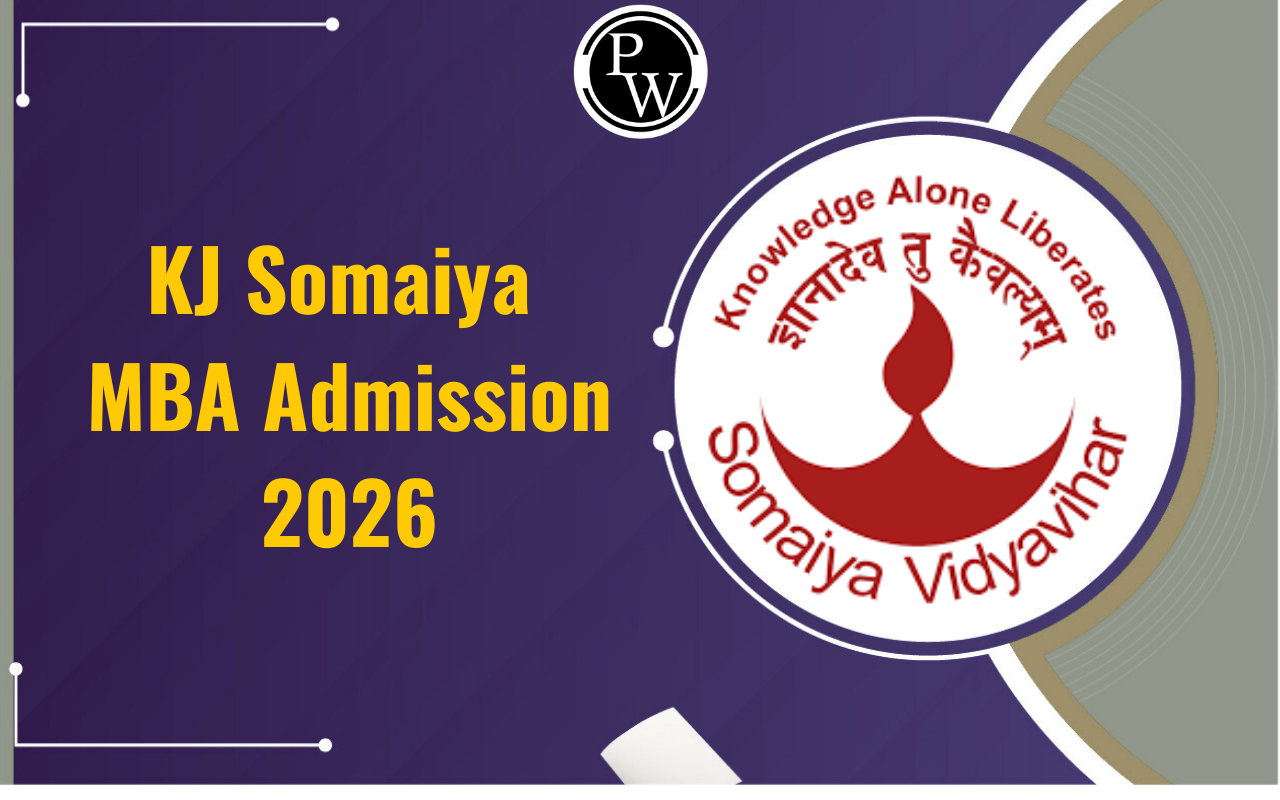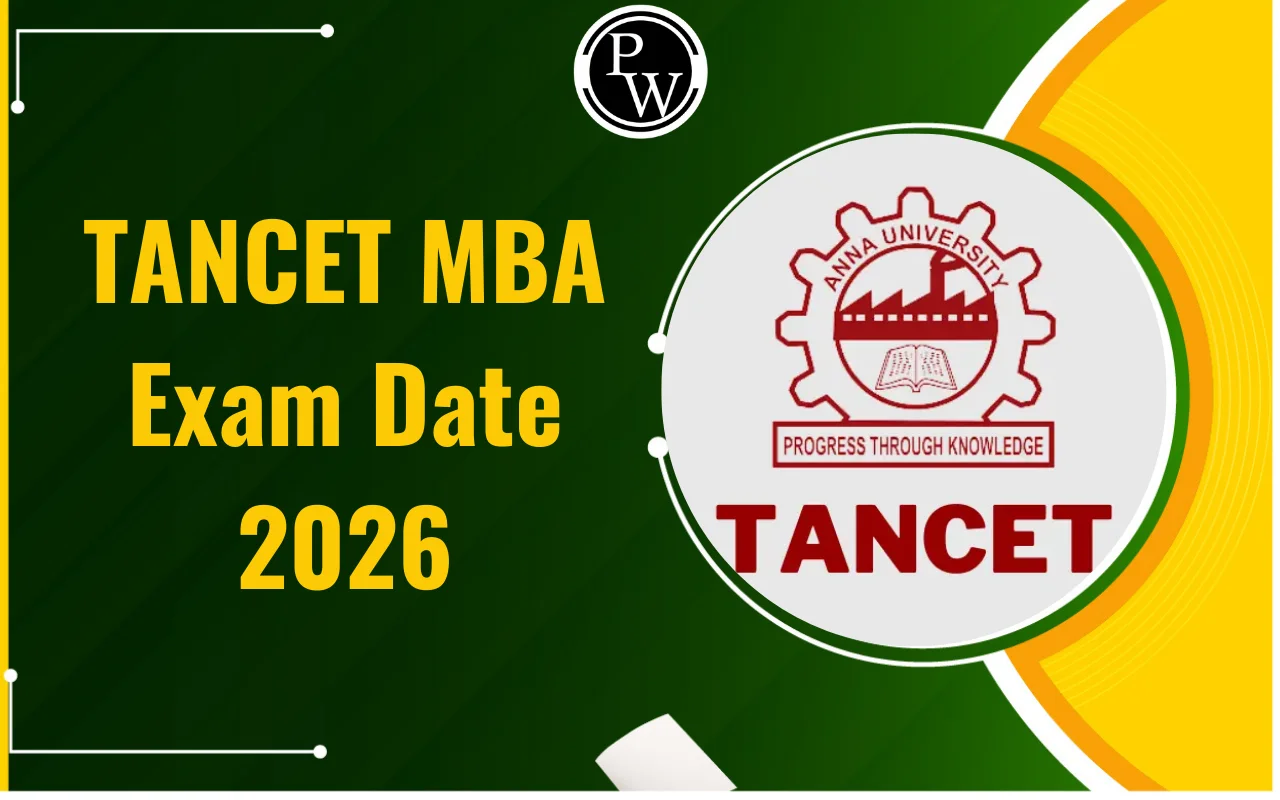
MBA Vs MSc: Choosing between an MBA and an MSc can be a pivotal decision in shaping your academic and professional journey. Both programs offer distinct advantages, catering to different career goals and skill sets. An MBA is typically designed for individuals aiming to develop leadership, strategic, and managerial capabilities across industries. On the other hand, an MSc focuses more on academic depth and technical expertise in a specific field.
Candidates can check here to compare primary distinctions between MBA and MSc programs, including curriculum structure, duration, career prospects, and entrance requirements. It aims to help aspirants make an informed decision based on their goals.
MBA Vs MSc Overview
MSc and MBA are two distinct postgraduate programs that cater to different academic interests and career goals. Understanding their focus areas, structure, and outcomes can help students choose the right path.
What is MSc?
Master of Science (MSc) is a postgraduate qualification pursued after completing an undergraduate degree. Traditionally linked to core scientific disciplines such as physics, biology, and engineering, the scope of MSc programs has since broadened. Today, they are offered in diverse fields including arts, humanities, and business areas like finance and human resource management. This degree is ideal for students aiming to gain in-depth, specialised knowledge in a particular domain.
What is MBA?
Master of Business Administration (MBA), a more recent addition to postgraduate education, is open to graduates from any academic background. Designed to provide a holistic understanding of business operations, the MBA curriculum covers key areas such as finance, marketing, operations, and strategy. As the global business environment evolves, modern MBA programs also include topics like sustainability and corporate social responsibility. The MBA is well-suited for those seeking leadership roles and a comprehensive grasp of management principles, with options to specialise through various elective courses.
MBA vs MSc: Key Differences
The table below shows the key differences between MBA and MSc programs:
|
MBA Vs MSc: Key Differences |
||
|
Factor |
MBA |
MSc |
|
Full Form |
Master's in Business Administration |
Masters in Science |
|
Curriculum |
|
|
|
Course Length |
2 Years |
2 Years |
|
Cost |
10 Lakhs to 25 Lakhs |
INR 80,000 to INR 3,00,000 |
|
Career Orientation |
|
|
MBA vs MSc: Curriculum
The curriculum is a defining element that sets the MBA and MSc programs apart. While both offer valuable learning experiences, their focus, structure, and outcomes differ significantly based on career goals and industry needs.
Key Differences in Curriculum between MBA and MSc Programs:
-
Broad vs Specialised Focus: MBA programs offer a wide-ranging curriculum that covers multiple business disciplines, including finance, marketing, operations, strategy, and leadership, aiming to build versatile managerial skills.
-
Core and Electives in MBA: In addition to core subjects, MBA students can choose from a variety of electives to tailor their learning. These may include areas like entrepreneurship, human resource management, or information systems.
-
Industry-Oriented Learning in MBA: MBA programs often incorporate real-world business scenarios, case studies, internships, and leadership development activities to prepare students for executive roles.
-
Specialised Coursework in MSc: MSc programs, especially in areas like Business Analytics or Data Science, offer highly focused coursework centered around technical and analytical subjects.
-
Subjects Covered in MSc: Common MSc topics include programming, data mining, machine learning, artificial intelligence, and automation, all aimed at building expertise in data-driven decision-making.
-
Analytical Skill Development: MSc students gain hands-on experience with advanced tools and techniques that are critical for analytical roles, helping them become proficient in turning data into strategic insights.
MBA vs MSc: Eligibility Criteria
The eligibility requirements for MBA and MSc programs differ based on their academic orientation and professional focus. Understanding these criteria can help candidates determine which program aligns best with their qualifications. Candidates can check here for the eligibility Criteria for MBA and MSc Programs:
MBA Eligibility
-
Academic Qualification: Applicants must hold a bachelor's degree in any discipline from a recognized university, typically with a minimum aggregate score of 50%.
-
MBA Eligibility – Work Experience: While not always mandatory, many MBA programs—especially executive or international ones—prefer or require candidates to have 1–3 years of professional work experience.
MSc Eligibility
-
Academic Background: Candidates usually need a bachelor's degree in a related field, such as science, engineering, economics, or mathematics, depending on the MSc specializatio
-
Subject-Specific Requirements: Some MSc programs may require prior coursework or proficiency in specific subjects, such as mathematics, programming, or statistics, as part of their admission prerequisites.
Both MBA and MSc programs may require entrance exams, letters of recommendation, or statements of purpose as part of the application process, depending on the institution.
MBA vs MSc: Job Prospects
MBA graduates are often selected for leadership and managerial roles to oversee various aspects of business operations. Job prospects for MBA graduates include positions such as:
-
Project Manager
-
Marketing Director
-
Human Resources Manager
-
Business Adviser
MSc graduates are in demand in the area of data-driven decision-making. Career opportunities for MSc graduates may include job roles such as:
-
Data Analyst
-
Business Intelligence Analyst
-
Senior Data Analyst
-
Analytics Consultant
MBA vs MSc: Admission Process
The admission process for MBA and MSc programs follows a structured path but differs in emphasis based on the nature of each course. While both involve entrance exams and academic review, their selection priorities vary.
The basic admission process includes filling out the application form, appearing for the relevant entrance exam, participating in counselling or interviews, and receiving final selection offers.
MBA Admissions
-
MBA programs often evaluate candidates based on entrance exams such as CAT, MAT, GMAT, or SNAP. In addition, work experience, leadership potential, and communication skills are key factors in the selection process.
-
Many institutions conduct group discussions and personal interviews to assess soft skills, managerial aptitude, and professional readiness.
MSc Admissions
-
For MSc programs, academic performance in the undergraduate degree and entrance exam scores carry greater weight. Relevant coursework and subject-specific knowledge are also considered crucial.
-
Some MSc specialisations may require candidates to demonstrate competence in technical subjects or appear for institution-specific entrance exams focusing on analytical and domain-specific skills.
MBA vs MSc: Entrance Exams
The table below shows the notable entrance exams for admission to MBA and MSc programs:
|
MBA Vs MSc: Entrance Exams |
|
|
MBA Entrance Exam |
MSc Entrance Exam |
|
CAT |
AIIMS |
|
XAT |
BHU Entrance Exam |
|
NMAT |
Annamalai University Entrance Exam |
|
SNAP |
IIT-JAM |
|
MAT |
ISM Entrance Exam |
|
CMAT |
Jadavpur University Entrance Exam |
|
MAHCET |
Osmania University Entrance Exam |
|
IIFT |
TNOU Entrance Exam |
|
IBSAT |
Mahatma Gandhi University PG Admission Test |
|
ATMA |
Calicut University Entrance Exam |
Having expert guidance during MBA exam preparation is highly rewarding. Join the PW MBA Online Coaching to prepare under the guidance of India's best educators and enhance your chances of success in exams like CAT, MAT, XAT, SNAP, and more.
MBA Vs MSc FAQs
How does an MBA program differ from an MSc?
Which is more affordable, between an MSc and an MBA?
What is the estimated cost of pursuing a full-time MBA?
After graduation, what is the better choice: pursuing an MBA or an MSc?
Is it preferable to pursue an MBA immediately after graduation or gain work experience first?










